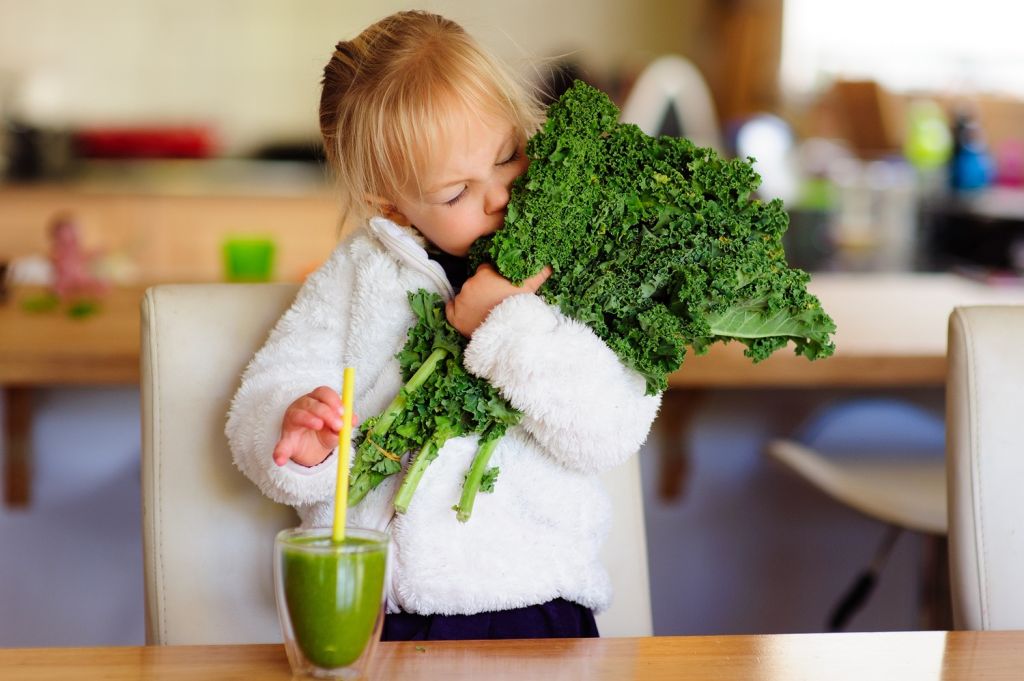Nutri-tech start-up Novella, Ltd. will start growing botanical ingredients while leaving the whole plant out of the equation through nutrient cultivation.
This original platform in the plant world will help boost global accessibility to high-value nutraceuticals. Addressing the growing demand for botanical micronutrients, the new technology overcomes supply chain disruptions, circumvents climate change, and expands plant life cycles.
Kobi Avidan, CEO and co-founder of Novella, said: “We don’t need the whole plant to get access to specific bioactive compounds.
Unnecessary to discard plants
“It also isn’t necessary to discard up to 99% of a plant and incur tons of agricultural waste just to derive specific nutrients. We have the technology where we can narrow the harvest of an entire field for its plant essence in a single bioreactor.”
Novella says the traditional ‘field to bottle’ protocol for producing nutraceuticals involves a long, complex, and often vexing process of lengthy cultivation and labor-intensive harvesting of sensitive botanicals, and the use of vast stretches of agricultural land. Then, the raw materials must be transferred—often overseas—to a factory for extraction before transfer to another factory, often in yet another country, for formulation into a final supplement. This can also lead to difficulties in achieving standardized doses of the natural substances.
Novella added that the supply chain for botanical extracts is continuously at the mercy of the natural growth cycles of the plants, volatile environmental conditions, climate fluctuations, and social and economic constraints. These, it says, have been further compounded by recent political instabilities and logistical hurdles which have yet to recover from the pandemic era.
Novella screens specific plant tissues
All of these setbacks hit the industry at a time when it is experiencing its greatest boom ever, attaining a global value of billions of U.S. dollars. This has put further immense strain on industry to meet demand, as well as on the planet’s finite resources.
Rather than grow the whole plant, Novella screens specific plant tissues—including stems, fruit, leaves, and flowers—to determine the highest concentrations of desired actives. A cell culture (callus) is formed from these tissues and amplified in bioreactors. This results in a pure, pesticide-free powdered product composed of whole-cell plant tissues with their naturally occurring complex of nutrients intact.
Novella’s cultivation system eliminates the need for extraction by increasing the concentration of the actives within the plant cells themselves, which are contained in a natural protective shell to prevent oxidation. This also assures full bioavailability.
Instrumental in lowering costs
“Growing nutrients outside the plant is actually a simpler process than growing meat cells outside of the cow,” explains Avidan “Moreover, we can now cultivate any ingredient close to the market of interest. This will be instrumental in lowering costs, as well as lightening their ecological footprint.”
The start-up will grow the ingredients in a controlled, strictly non-GMO environment, with precise regulation of stressors such as light and temperature in order to create an ideal environment for cultivation of specific bioactives at consistently potent and highly precise quantities.
Novella has made headway in exploring certain vegetables, such as kale, for sourcing some popular in demand vitamins and antioxidants. Although hailed as a nutrient-dense ‘super plant’, many consumers avoid kale due to its bitter flavor and tough, fibrous texture.
Novella – making headway with certain veg
“Kale has captured the interest of the functional food, supplement, and pharma industries due to its long list of vitamins and minerals,” asserts Shimrit Bar-El, co-founder and CRO of Novella. “But it is very difficult to work with and process. We are specifically exploring the vegetable for its vitamin K and unique carotenoid composition.”
Novella says it can grow any type of plant tissue but currently is focusing on the cultivation of a few high-end botanicals, including some widely consumed vegetables that boast potent concentrations of nutrients such as vitamin C that cannot be extracted via existing methods.
Increasing demand for natural botanics
“Consumers continue to demand products that are microbiologically safe, natural, and without chemical additives,” explains Itay Dana, co-founder and BDO for Novella. “There is an increasing demand for natural botanicals, accompanied by incremental rises in prices resulting from a shortage of such products.”
“By shifting the cultivation of popular micronutrients to the lab, the Novella platform can help free up extensive agricultural terrain for rededication to the growth of food crops while making high-value nutraceutical ingredients more readily available at affordable prices,” concludes Dana.





